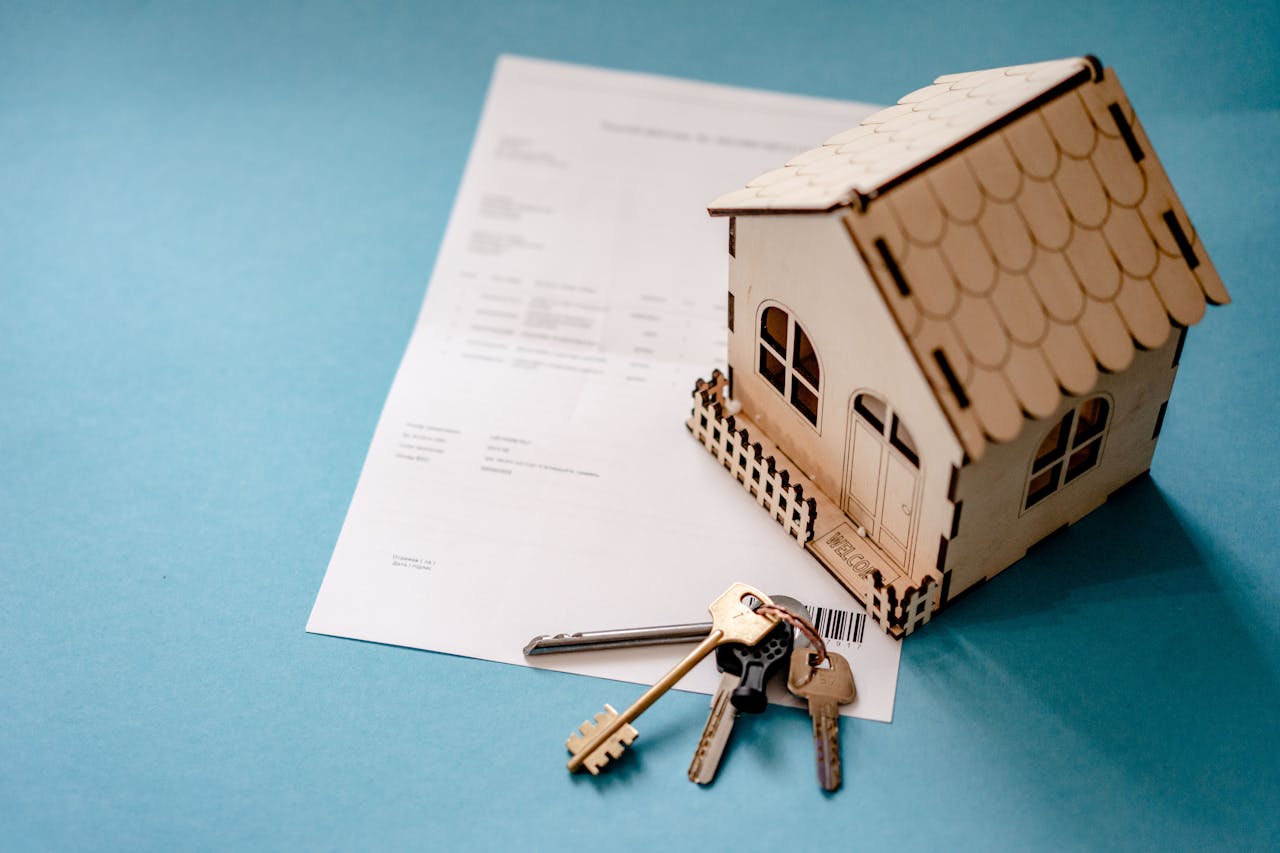Turn your current property into your buying power
Equity in your home represents the gap between its current market value and the remaining balance on your mortgage. As you repay your loan and as property values climb over time, that difference grows—and it can be turned into cash without having to sell or move out
Calculating Your Equity
To work out how much equity you’ve built, simply subtract what you still owe from what your home is worth. For example, if your property is valued at $800,000 and you owe $300,000, you have up to $500,000 in equity.
Accessing Your Equity
Depending on your personal circumstances—such as income, living expenses and existing loan balance—your lender may allow you to borrow additional funds against that equity. Typical home loans let you draw up to 85 percent to 95 percent of your property’s value, though borrowing beyond 80 percent usually triggers lenders mortgage insurance.
Most lenders offer two main pathways:
- Supplementary Loan (top up/cash out) : Take out a separate loan on top of your existing home loan. You can choose a suitable loan product and draw funds as a lump sum or payment plan.
- Refinance: Refinance your current loan to increase your borrowing limit. This both replaces your existing home loan and taps into your equity in one step.
Practical Uses of Equity
Home equity can be deployed in many ways to suit your goals and lifestyle:
- Use your equity to fund a deposit on a second home. Investors may negatively gear their property depending on their tax situation
- Home Renovations: Invest in upgrades to make your home more comfortable and potentially boost its resale value
- Other Investments: Some homeowners borrow against equity to grow wealth through shares, bonds or managed funds. Higher potential returns come with greater risk, so professional advice is recommended
Using Equity for a Second Home
When you’ve already built a deposit for your first home, that equity can become the deposit for your next property. By refinancing or taking a supplementary loan, you may buy a second home with little or no extra cash. Bear in mind, larger loan balances mean higher repayments and greater risk if interest rates rise or financial circumstances change.
Key Considerations Before You Borrow
Borrowing against your home’s equity is a significant financial decision. Higher loan‐to‐value ratios increase your repayment burden and the risk of losing your home if repayments cannot be met. You should consider whether the term of your loan should be extended. Are you able to afford if interest rate rise?
Seek Expert Guidance
Before you tap into your equity, it’s wise to consult both a financial adviser and a registered tax agent. They can help you understand the impact on your cash flow, any effects on government benefits or tax obligations, and guide you towards the best strategy for your situation.
If you’re curious about how much equity you have or how to put it to work, speak with our mortgage broker or request a free property value estimation and equity report today. We’ll walk you through your options and help you take the next step with confidence.


